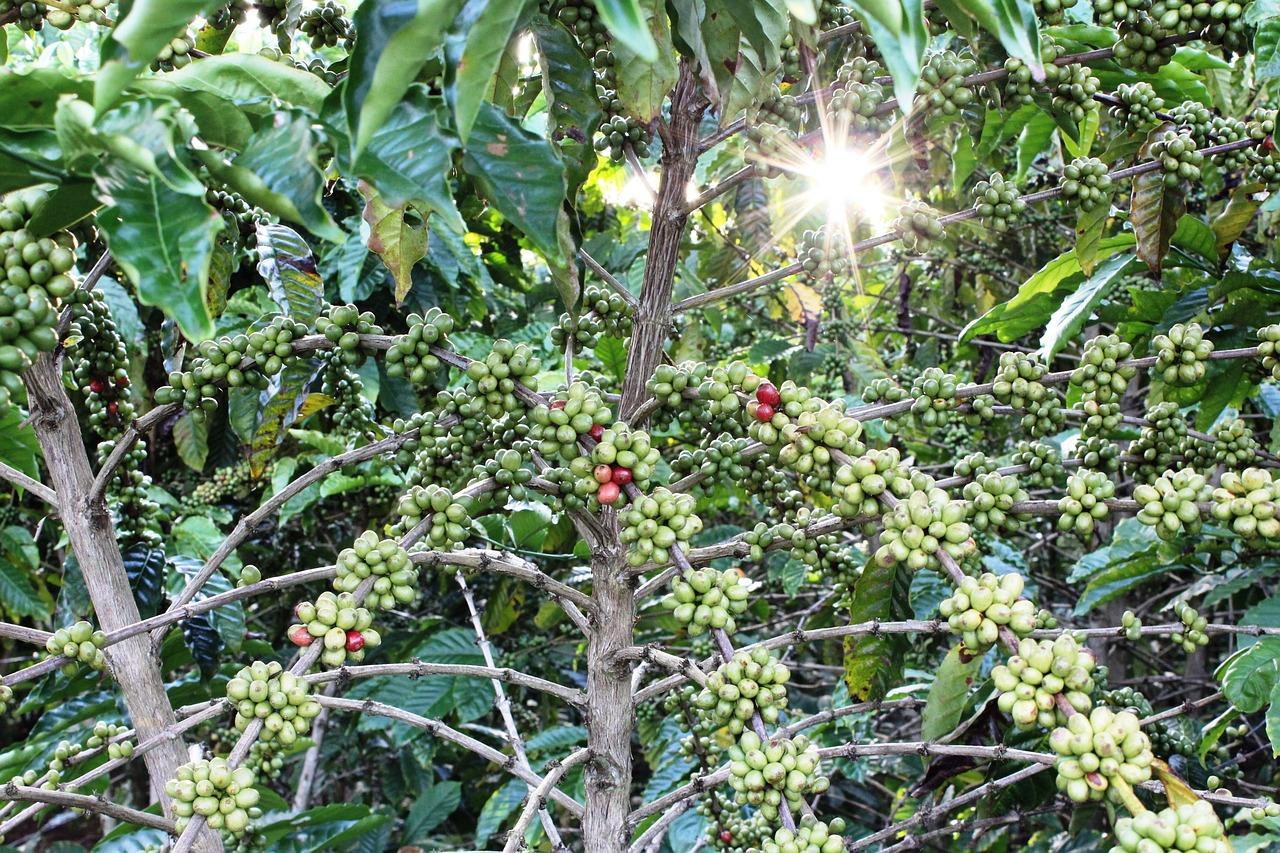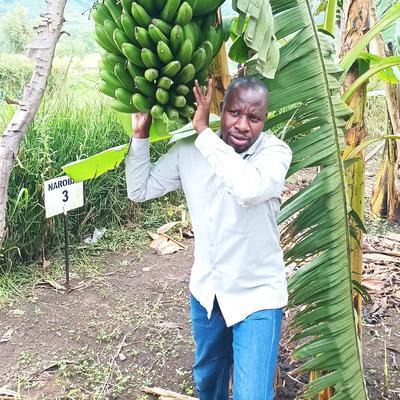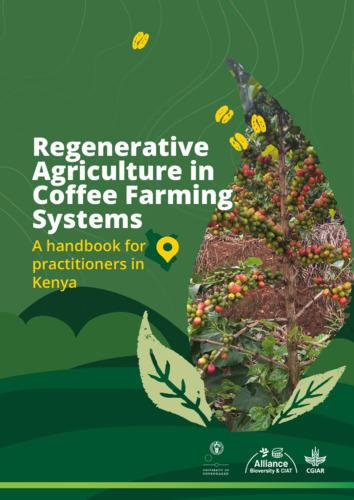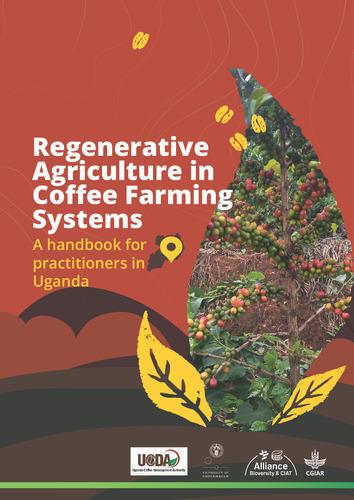Press and News Adopting Regenerative Coffee Agriculture to boost Smallholder Incomes and Resilience in Kenya and Uganda

A series of handbooks provide best practices for coffee production that benefits farmers and the environment, tailored to specific country needs.
Millions of people around the world depend on coffee daily. While Scandinavian countries lead the way in annual consumption (as high as 12kg per person in Finland), nearly all coffee has its agricultural roots in the Southern Hemisphere. Brazil, Vietnam, and Colombia are the top global coffee producers, while Ethiopia, Uganda, and Kenya shine as coffee powerhouses in Africa. Coffee is much more than an invigorating drink in these countries: it sustains over 0.8 and 1.8 million families in Kenya and Uganda, respectively, providing vital income security and accounting for 20 to 30% of foreign exchange earnings.
How to ensure a future for coffee farmers?
As climate change and unsustainable farming practices jeopardize coffee’s contributions to communities and economies, the global coffee market has realized the need to adopt practices that can meet commitments to mitigate emissions, and other sustainability targets. One such approach is Regenerative Agriculture, which extends beyond sustaining soil and natural resources, to actively restoring and reviving agricultural land. In the context of coffee, Regenerative Agriculture represents a holistic land management approach that closes the nutrient cycle, promotes system diversity, and builds better soil health. This benefits the entire coffee farming system, including the soil, coffee and associated plants, people who cultivate it, and surrounding environment.
But before coffee farmers can widely adopt Regenerative Agriculture, best practices need to be consolidated, and contextualized to answer coffee-producing countries’ specific needs, such as: What cover crops can restore degraded soil? Where is intercropping effective? What are viable sources for natural fertilizer?
Kenya and Uganda Handbooks
We are pleased to share the first-ever country handbooks on Regenerative Coffee Agriculture, developed by the Alliance of Bioversity International and CIAT in collaboration with the Sustainable Trade Initiative (IDH) and supported by the IKEA Foundation.
Access the Kenya handbook here
Access the Uganda handbook here
These handbooks, complementing the Alliance, CGIAR Excellence in Agronomy Initiative and Nestlé global guidebook on Regenerative Agriculture for coffee (available soon), zoom in on the unique conditions and sector in Kenya and Uganda to provide field agronomists, technicians, lead farmers, village advisors, and extension officers with further, context specific, knowledge and understanding of regenerative agriculture to integrate into project planning and execution.
Country Stakeholders
The handbooks were informed by dialogues, organized by Alliance researchers and IDH, with key players in each of the major coffee-producing countries.
Kenya: The Ministry of Agriculture and Livestock Development, Coffee Research Institute, Coffee Management Services Limited, Sucafina SA, Sucastainability Limited, Sustainable Management Services Limited, and Kenya Coffee Producers Association.
Uganda: The Uganda Coffee Development Authority (UCDA), CAFÉ Africa, Mountain Harvest, Touton Uganda, Ugacof Ltd, National Union of Coffee Agribusinesses and Farm Enterprises (NUCAFE), Ministry of Agriculture, Animal Industries, and Fisheries (MAAIF).
Fostering an understanding of regenerative agriculture and its application in the coffee sector, the handbooks pave the way for positive change on the ground. To help implement these practices, the Alliance, IDH, and other partners continue to work closely with cooperatives in Kenya and Uganda, empowering farmers with knowledge, technical know-how, and the tools they need to implement regenerative practices.
While changes first come from the field, their effects influence the entire global coffee value chain. The united efforts of farmer groups, local and international researchers, government ministries, the private sector, and many other coffee stakeholders aim to protect the beverage that is loved by coffee drinkers around the world and ensure a future for the industry that supports both farming families and the environment.
Meet the Team

An Maria Omer Notenbaert
Team Lead, Africa Tropical Forages ProgramEric Rahn
Scientist II
Walter Ocimati
Scientist; Healthy and Productive Farms and Landscapes


